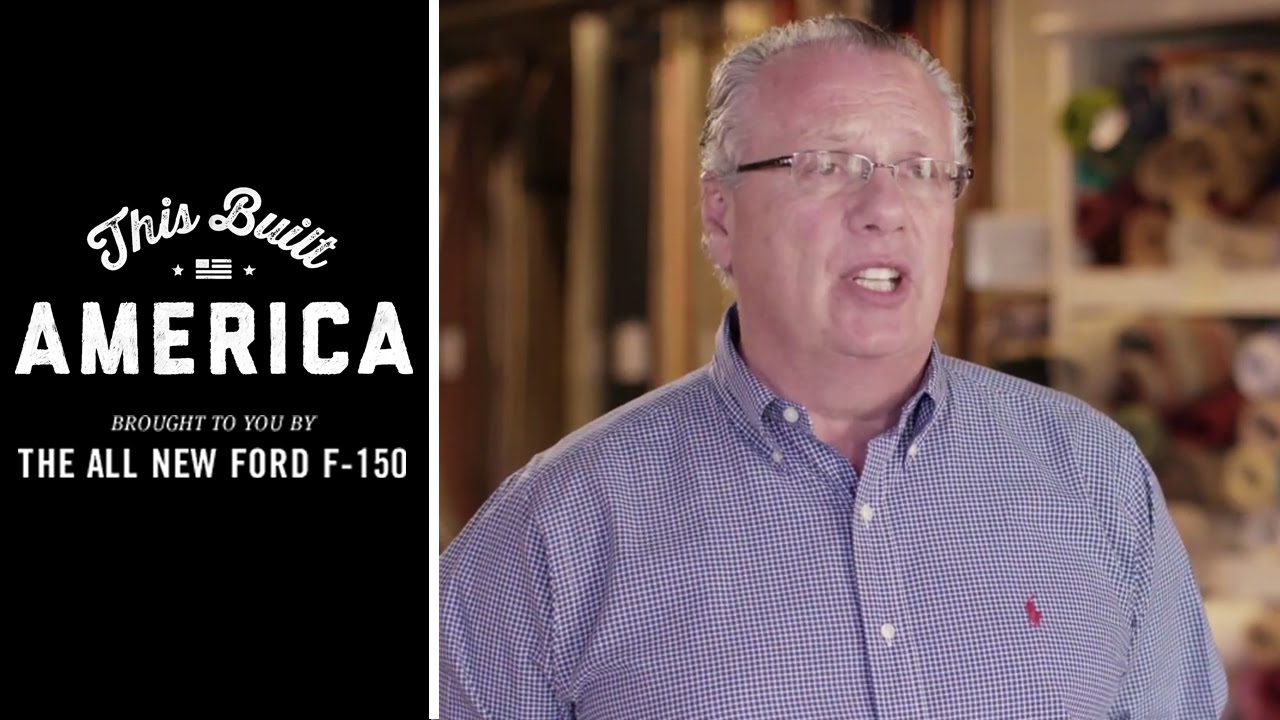Introduction: Colonial Mills and its Rhode Island roots
Colonial Mills, a renowned manufacturer of high-quality braided rugs and accessories, has deep-rooted connections with Rhode Island. Founded in 1977, the company has established a strong reputation for its commitment to craftsmanship and its dedication to supporting local communities. This article delves into the history of Colonial Mills, examines the current status of its production location, and evaluates the impact of potential relocations on its products.
Colonial Mills: A brief history of the company
Colonial Mills emerged during a time when small-scale textile manufacturing was prevalent in Rhode Island. The company’s founders, Donald Scarlata and his son Donald Jr., began their journey by handcrafting braided-textile products in their own home. With a focus on quality and innovation, their products quickly gained popularity. Over time, Colonial Mills expanded its range to include rugs, baskets, and storage accessories, becoming a household name in the industry.
The significance of Rhode Island in Colonial Mills’ production
Rhode Island has played a significant role in Colonial Mills’ production since its inception. The state’s rich textile heritage, skilled workforce, and access to raw materials have offered the company a competitive advantage. Additionally, Rhode Island’s close proximity to major transportation hubs has facilitated efficient distribution of Colonial Mills’ products across the United States and beyond.
Has Colonial Mills’ production shifted away from Rhode Island?
In recent years, the manufacturing landscape has witnessed significant changes, and several companies have relocated their production facilities overseas to reduce costs. However, Colonial Mills has remained committed to its Rhode Island roots and has strived to maintain its production within the state. Despite these efforts, the company’s production location has undergone some changes in response to evolving market dynamics.
Exploring Colonial Mills’ current manufacturing locations
While Colonial Mills has maintained a strong presence in Rhode Island, it has also expanded its manufacturing capabilities to other locations. The company now operates production facilities in North Carolina and California, in addition to its original Rhode Island-based facility. This strategic expansion has allowed Colonial Mills to cater to regional demands and optimize its supply chain.
Evaluating the impact of relocation on Colonial Mills’ products
Relocating production facilities can have a profound impact on the quality and integrity of a company’s products. Colonial Mills has been cautious in this regard, ensuring that its commitment to craftsmanship and attention to detail are not compromised. By carefully selecting and training skilled artisans at each manufacturing location, the company has aimed to maintain the high standards that customers have come to expect.
Rhode Island’s role in the overall production process
Although Colonial Mills has diversified its manufacturing locations, Rhode Island continues to play a vital role in the overall production process. The state remains the hub for product design, research, and development, allowing the company to innovate and introduce new collections. Rhode Island-based artisans also contribute to the production of specialized and intricate designs, ensuring that the company’s heritage is preserved.
Challenges faced by Colonial Mills in maintaining Rhode Island production
Despite its commitment to Rhode Island, Colonial Mills has faced challenges in maintaining production within the state. Rising operational costs, including labor and infrastructure expenses, have tested the company’s ability to remain competitive. Moreover, attracting and retaining skilled labor in a changing economic landscape has proven to be a challenge, further impacting the viability of Rhode Island as a sole manufacturing location.
The benefits of keeping Colonial Mills’ production in Rhode Island
While relocation may offer cost savings, Colonial Mills recognizes the unique advantages of keeping production in Rhode Island. The company values its relationship with Rhode Island’s skilled artisans, who possess a wealth of knowledge and expertise. By preserving these relationships, Colonial Mills can ensure the continued delivery of high-quality products that embody its commitment to craftsmanship.
Understanding the factors influencing production decisions
Several factors influence Colonial Mills’ production decisions, including market demand, cost-efficiency, and supply chain optimization. The company carefully evaluates these factors when determining the best manufacturing locations for its products. By striking a balance between cost-effectiveness and preserving its Rhode Island heritage, Colonial Mills can adapt to changing market dynamics while maintaining its commitment to quality.
Prospects for the future of Colonial Mills’ manufacturing in Rhode Island
Looking ahead, the future of Colonial Mills’ manufacturing in Rhode Island appears promising. The company remains dedicated to preserving its Rhode Island roots and supporting local communities. By embracing technological advancements, streamlining production processes, and collaborating with artisans, Colonial Mills aims to ensure the longevity of its manufacturing operations in Rhode Island, while continuing to provide customers with exceptional products.
Conclusion: The present status and outlook for Colonial Mills’ production in Rhode Island
Colonial Mills’ dedication to its Rhode Island roots is evident in the company’s continued production within the state. Although it has expanded to other locations, Rhode Island remains an integral part of its manufacturing process. By navigating challenges and leveraging the benefits of local expertise, Colonial Mills strives to maintain its legacy of quality and craftsmanship, ensuring that customers can continue to enjoy its products for years to come.




